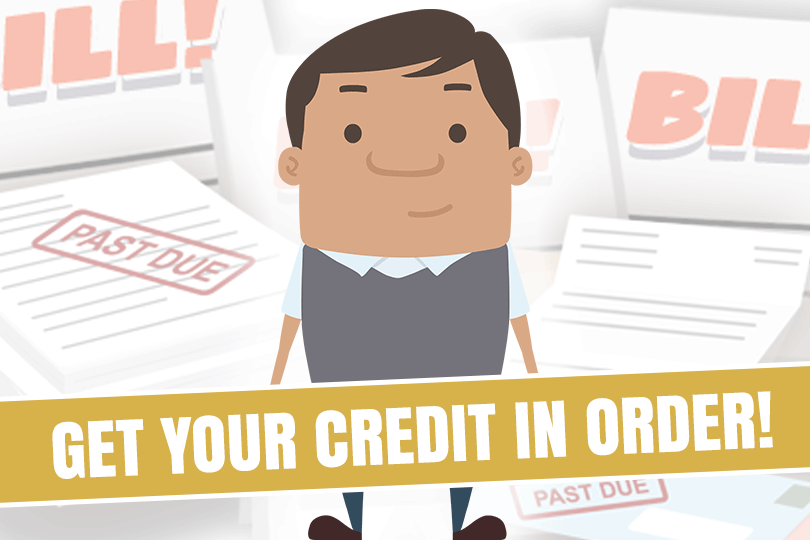What You Need To Know About FHA Loans And Preapproval
November 26, 2024
Preapproval for a home loan means a credit check, so be prepared to fill out basic credit information as part of the process.
Some at this stage might wonder: "Will applying for pre-approval hurt my credit score?"
What's a FICO Score and Why Should I Care?
Your FICO score is a three-digit number that sums up your risk as a borrower. It's based on your credit history, and FHA lenders use this score to decide if they want to give you a loan and what interest rate they'll charge. The higher your score (the best is 850), the better your chances of getting a good deal.
Good News About Pre-Approval
Applying for pre-approval typically results in a temporary change to your FICO score. Why? Because lenders perform a "soft inquiry" on your credit. It's like a quick background check, not a full-blown credit application. They can look at your credit history, but it doesn't affect your score.
Shop Around For An FHA Lender Without Worry
You know how you compare prices before you buy something big? Well, FICO knows you do that with mortgages, too. They have a "rate shopping window," usually 45 days long, and during this time, you can apply with multiple FHA lenders, which only counts as one inquiry on your credit report.
Things That Can Affect Your Score
If you apply with FHA lenders over a long period (past the 45-day window), it can look like you're desperate for credit.
Also, make sure your credit report is accurate. Credit report mistakes are more common than you might think. They can lower your score, so check your credit before you apply and fix any errors.
Keep Your FICO Scores Safe
Want to minimize any impact on your credit score? Here's one plan to consider:
- Apply within the 45-day window: Get those pre-approvals done quickly to take advantage of the rate shopping feature.
- Don't go overboard: It's good to compare offers, but don't apply with every lender under the sun. Pick a few that seem like a good fit.
- Check your credit report: Before applying, get a copy of your credit report and make sure everything is correct.
Keep in mind that pre-approval doesn't guarantee you'll get the loan. It's a good estimate, but the lender will examine your finances more thoroughly before they give you final approval.
Getting pre-approved is a smart step when you're buying a home. Be smart about how you apply, and keep your credit report clean.

FHA Loan Articles
December 17, 2024The Federal Housing Administration provides mortgage insurance on loans made by FHA-approved lenders, making homeownership more attainable for those who might not qualify for conventional loans.
While financial factors like credit score and debt-to-income ratio are key to loan approval, other non-financial aspects can also cause a denial.
December 11, 2024FHA loans, insured by the Federal Housing Administration, are a popular choice for many homebuyers, especially those who need a lower downpayment or more forgiving credit qualifying requirements. FHA loans are primarily intended for primary residences—homes that borrowers will occupy as their main dwelling.
December 10, 2024The FHA announced increased loan limits for 2025, providing those seeking FHA-insured mortgages after January 1st with increased purchasing power. In this article, we explore the key aspects of these limits and their implications for your homeownership goals.
When you are approved for an FHA-insured loan, the FHA guarantees a portion of the loan to the lender, lowering lender risk...
December 9, 2024The Federal Housing Administration (FHA) helps people buy homes, especially those buying for the first time or who might not have perfect credit. In 2025, there is good news for FHA borrowers. FHA home loan limits are going up.
In most places, the FHA loan limit for a single-family home in 2025 is $524,225. This is more than it was in 2024. However, in expensive areas, where houses cost more, the limit can be as high as $1,209,750.
December 5, 2024The Federal Housing Administration (FHA) has some ground rules regarding cash-out refinances. These rules are designed to protect both you and the lender, ensuring you have enough ownership of your home and reducing the risk of foreclosure. How long must you own your home before you can apply for FHA cash-out refinancing?







